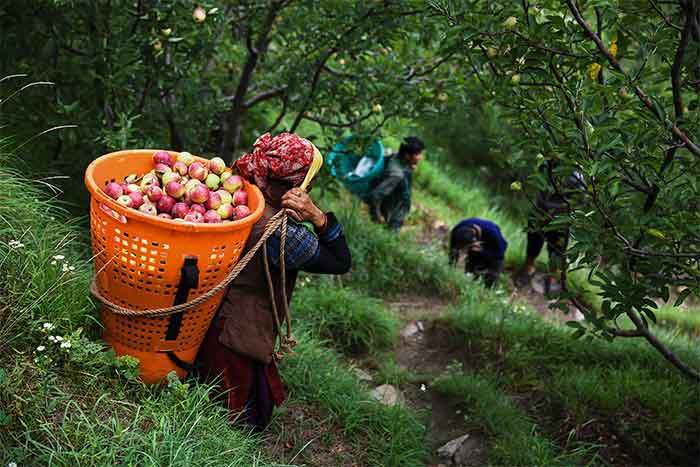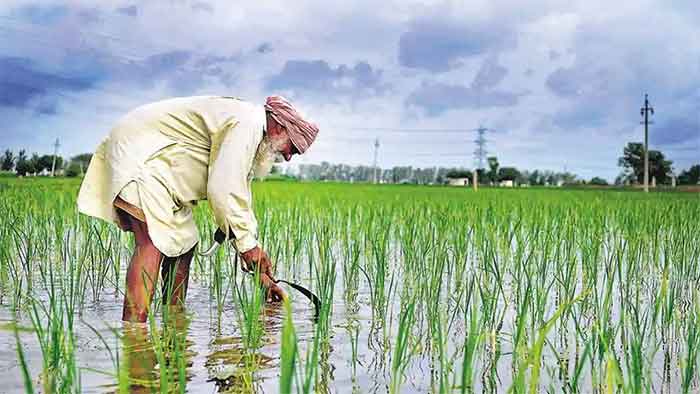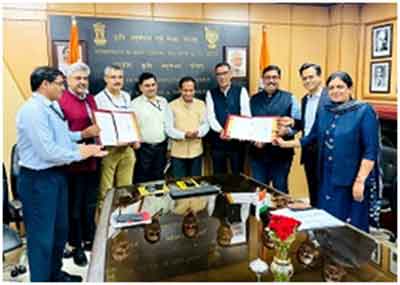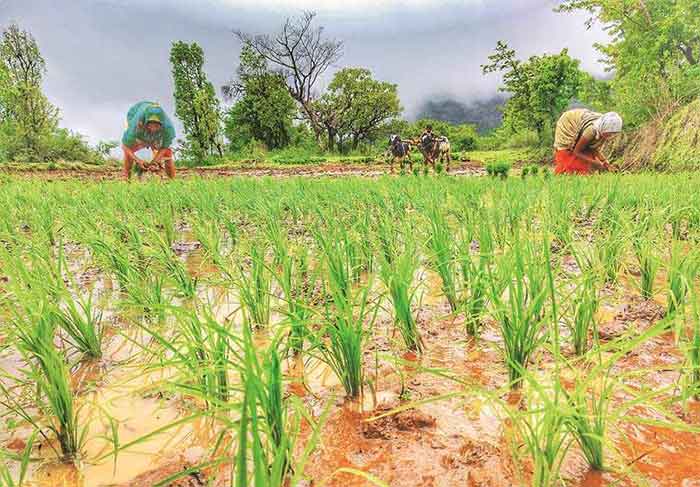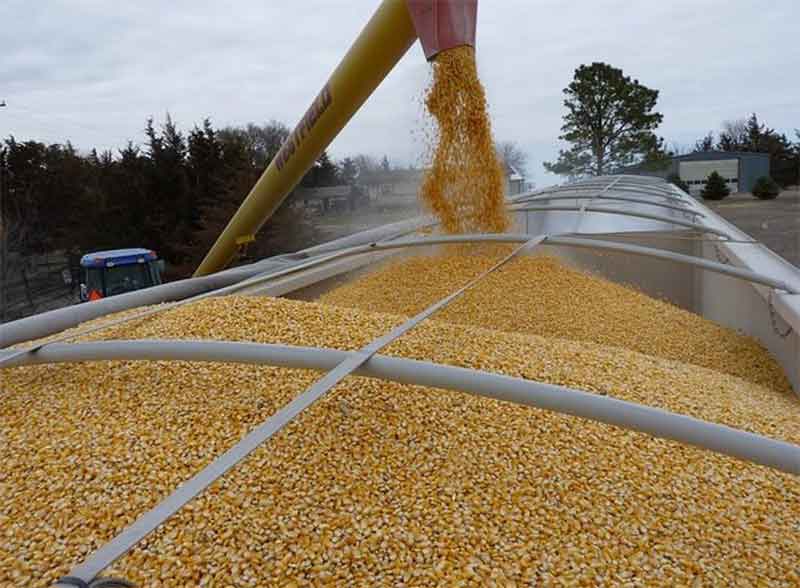
At a time of increasingly adverse weather conditions related to climate change, there is growing urgency of adopting protective policies towards small farmers and pastoralists. Unfortunately, it is in these difficult conditions that the Tanzanian government has been adopting policies which are further increasing the difficulties of small farmers and pastoral people.
According to a recent study by GRAIN, a Europe-based organization known for its commitment to protecting small farmer communities, there was an earlier wave of corporate based farming in the post-2008 years which was promoted by multinational companies and donors and led to several land conflicts and destruction of livelihood of small farmers. Several of these projects collapsed, leaving behind a trail of misery spread across many villages.
Despite this terrible experience behind them, now the Tanzanian authorities are repeating a somewhat similar phase of export-led, large farm based agriculture by aggressively turning thousands of hectares into block farms that produce export crops. One difference now is that this more recent change is linked more closely to China. As GRAIN states, “With China looking to Tanzania as a new supply source of soybeans, the stage is set for another wave of land grabs, with dire consequences for small farmers.”
This report recommends that instead of wasting scarce public resources on “failed model of corporate agriculture” the Tanzanian government should instead focus on efforts to address the real needs of the country’s millions of small food producers.
Meanwhile, this country’s another important rural group of pastoralists, which too is highly vulnerable to climate change, has been increasingly threatened by projects which are often publicized as conservation projects but in reality are often more oriented towards the commercial aspects of safari tourism and related activities. The US-based Oakland Institute has been repeatedly drawing attention to the increasing problems of pastoralists, small cultivators and indigenous communities threatened by such projects in terms of displacements, curtailment of livelihood rights and harassment by park authorities and rangers.
Last year the Oakland Institute had released reports regarding several such communities of people facing increasing problems in some conservation and park project areas, including those linked to generous funding from the World Bank.
Now in more recent information releases, the Oakland Institute has stated that problems in some of these areas are intensifying further. In the Ngorongoro Conservation Area (NCA), for example, in mid-January a new plan was announced to remove about 100,000 pastoralists. A big concern is that they are being asked to move away to areas where there is scarcity of water and grazing land. Moreover, already people are living here. Where will they go? So if this displacement takes place it is likely that a series of new land-conflicts can get imposed on two vulnerable rural groups who may be devastated by this. It may be recalled here that at the root of several conflicts in Africa are several land disputes triggered by wrong and distorted policies going back to colonial and neo-colonial legacies.
A little earlier rangers raided a village near Tarangire National Park, shooting several Maasai villagers, arresting 80 of them and seizing nearly 800 of their cattle. In the Ruaha Park area the harassment reported earlier has been increasing.
It is clear that such distorted tourism and conservation policies need to change, and instead new policies should seek to include people as partners in any such initiatives, utilizing the rich local biodiversity knowledge of indigenous and local people to take forward conservation, enhancing livelihoods instead of diminishing or threatening them.
Bharat Dogra is Honorary Convener, Campaign to Save Earth Now. His recent books include ‘India’s Quest for Sustainable Farming and Healthy Food’, ‘Man over Machine’ and ‘Protecting Earth for Children’.

